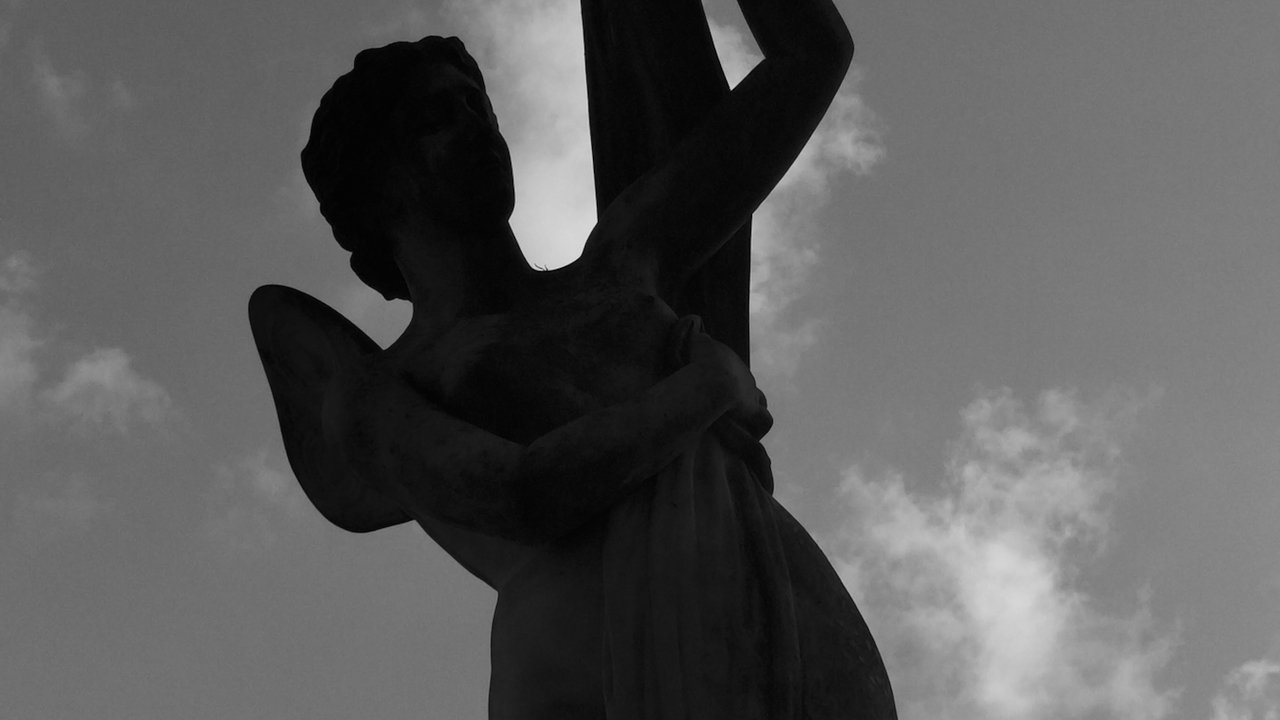Outside Expertise
Please never write about what you know.
La Spezia, Italy 2019
Among my writing notes—which includes countless quick scribbles, marginalia, individual notebooks for specific subjects, and what even I consider to be a ridiculous amount of lists—I have a file for foreign writers. And by foreign writers I mean something quite specific that isn’t limited to any one country. Every country has its transplants, and the writers within these groups are typically worth watching.
Arriving in a new country jolts your nerves, pressuring you to be more aware of the nuances and atmosphere around you; these are the feelings that every good traveler knows, to abruptly hear the staccato tempo of unfamiliar speech on a new street, or to smell the faint traces of a cuisine unavailable at home. Your nervous system must work overtime in a new city—absorbing, sorting, interpreting. One luxury of travel is the exhaustion that hits your body from this labor, as every signal must be reviewed, every humdrum task of the day—flipping a light switch, picking up utensils, crossing the street—must be done with concentration and vigor. Nothing is assumed: attention is always required. Yet the typical traveler still finds themselves miffed when they collapse onto the bed for a lengthy mid-afternoon nap, succumbing to the exhaustion of constant awareness.
The foreign writers on my list have the advantage of observing their environments through comparisons, with all the distinctions from their previous homes a constant companion that’s unavailable to the native. To see something from the inside is always difficult. But when you’re new to a situation, your sense of the nuances is more refined. Distinctions are more apparent. You’re incapable of overlooking details. Since you’re not sure what to consider irrelevant, the minutiae of every sight must be observed.
As usual the old cliché about writing proves its opposite: please never write what you know. Experience, in most cases, merely makes the writer miss the atmosphere that surrounds them. If you want water described, to borrow a different old line, don’t ask a fish.
A similar example can be found with directions in a new city. If you want help navigating, a transplant can probably assist you better than a native resident. The native wasn’t required to learn street names, directions, to notice landmarks, but the transplant is most likely more informed.
One overlooked aspect of Lolita is Nabokov’s cataloguing of rural America. You could argue, in fact, that the Russian-born Nabokov also gives you two viewpoints: a bit of Europe, a bit of America. Two sensibilities seen from the outside in one book. The same split with Europe and American is true from the American-born Henry James in Daisy Miller. Or, consider the American-born Patricia Highsmith, inventing numerous characters in her career, but noticeably several young European male characters with a dexterity and vividness that few have matched. Another contemporary example is the series of novels that Lawrence Osborne wrote with a setting in Southeast Asia. The London-born Osborn currently lives in Bangkok and has a keen eye for the vibrations of his city. And one of my favorite examples comes from film. Consider these three: The Good, the Bad and the Ugly; Once Upon a Time in the West; A Fistful of Dollars. All are westerns. All are considered classics in the genre. What’s less commonly known by audiences, however, is that the screenwriting, producing, and directing credit is for Sergio Leone, an Italian who spoke only a limited amount of English.
Outsiders can certainly make blunders—there’s nothing about my claim that prevents that drawback. The bumbling, uninformed travel writer is the norm. A foreign correspondent who jets into a conflict zone, interviews the bartender at a hotel some distance from the front lines, and then reports back in horrid generalizations and mischaracterizations is the rule. Simply being an outsider doesn’t prod a writer toward excellence. But being an outsider makes the potential range of outcomes wider: either the result will fail horrendously from ignorance and faulty projections, or the result will offer clarity that’s unavailable to the insider. With outsiders the risks are higher for mistakes but the rewards for success are also greater.
What prompted these words is a paragraph that I happen to stumbled across this week by Alan Furst, an American writer who has lived in Paris. The opening of his book Mission to Paris caught my attention:
In Paris, the evenings of September are sometimes warm, excessively gentle, and, in the magic particular to that city, irresistibly seductive. The autumn of the year 1938 began in just such weather and on the terraces of the best cafés, in the famous restaurants, at the dinner parties one wished to attend, the conversation was, of necessity, lively and smart: fashion, cinema, love affairs, politics, and, yes, the possibility of war—that too had its moment. Almost anything, really, except money.
If you’re a native Parisian, you’re likely accustomed to the pulses and passions of the Boulevards at a visceral level; without any conscious thought, you have a sense for the spirit and mood and flavor of a wayward glance from across the street on a late afternoon; your instinct is attuned to the city’s rhythm in ways that you cannot articulate, even though you feel a shiver in your spine whenever your city is misread. As a native Parisian, however, would you also notice an absence? Would you sense the contrasts? What’s not present? In describing the atmosphere of a moment, how many Parisians—as compared to Americans—would pause to note the absence of a particular element and insert within the excerpt above that notable last word.




